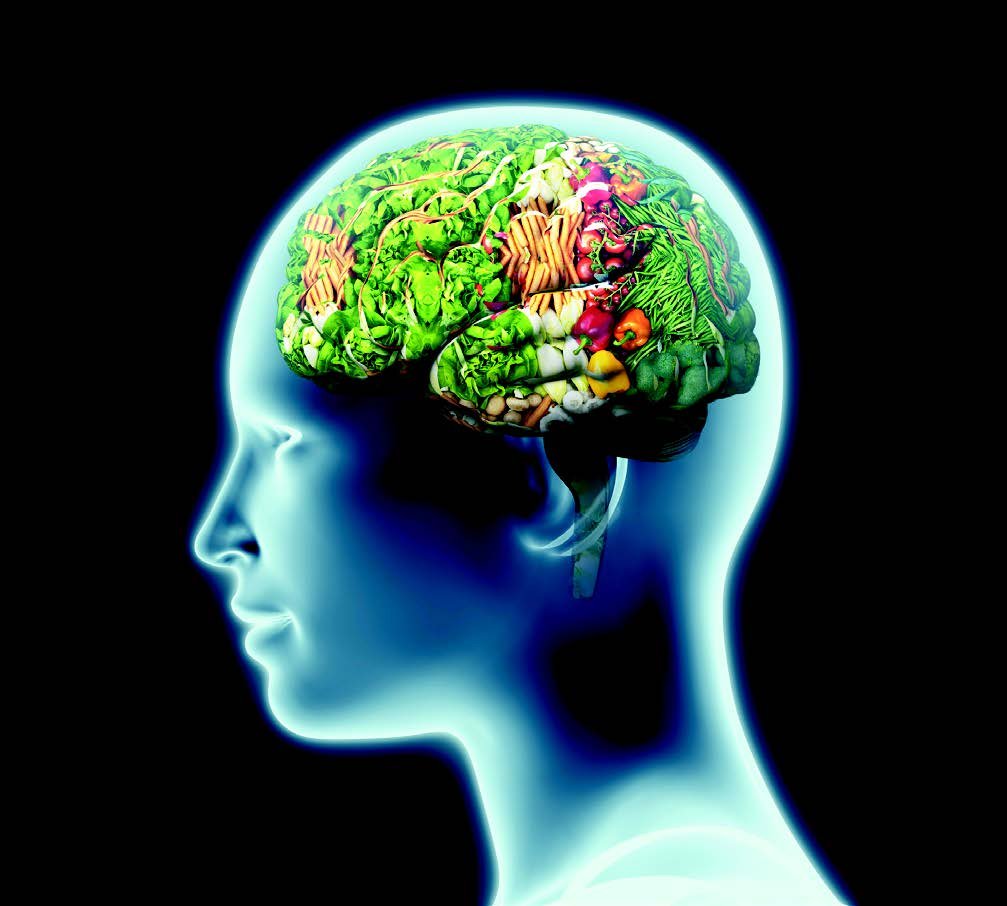Alzheimer’s Disease and Diet: A Guide to Nourishing Body and Mind
Share IT

Launch Your Dream Website with Us!
Click Here to Get in touch with Us.
Categories
Alzheimer’s Disease and Diet
Feeding Mind and Body: Dietary and Nutritional Strategies for Alzheimer’s Patients
The neurodegenerative disease Alzheimer’s disease, which impairs memory and cognitive function, can also have a big effect on a person’s relationship with food. As the illness worsens, eating a healthy diet becomes essential to preserving their general health and wellbeing. This in-depth manual addresses the dietary obstacles that individuals with Alzheimer’s disease must overcome and provides actionable food recommendations to enhance both their physical and mental well-being.
Thank you for reading this post, don't forget to subscribe!Alzheimer’s Disease and Diet
Table of Contents

Recognising the Nutritional Obstacles
Alzheimer’s Disease and Diet
Alzheimer’s patients experience particular nutritional issues due to a number of factors:
- Cognitive Decline: Things like meal planning, grocery shopping, cooking, and even remembering to eat can become more challenging as a result of memory loss and confusion.
- Changes in Appetite: A common symptom that frequently results in undernourishment and weight loss is lack of appetite. This may be brought on by shifts in one’s sense of taste and scent or just plain forgetting to eat.
- Physical Restrictions: As the illness worsens, a person may experience physical restrictions that make it difficult to chew, swallow, or use cutlery. Decreased coordination or tremors can also be problematic.
- Depression: A common co-occurring condition with Alzheimer’s disease, depression can have a substantial impact on appetite and food interest, which can result in dietary deficits.
The Value of a Well-Balanced Diet
Alzheimer’s Disease and Diet
For people with Alzheimer’s, eating a well-balanced diet is essential, despite the difficulties. This is the reason why:
- Enhanced Energy: A diet high in vital nutrients helps fight exhaustion and gives you the energy you need for everyday tasks.
- Enhanced Cognitive Function: Research indicates that certain food habits and nutrients may help maintain the health of the brain and may be involved in delaying the onset of cognitive decline.
- Decreased Behavioural Issues: Eating a healthy diet can help control mood and behaviour, which may lessen agitation and hostility, which are frequently linked to Alzheimer’s disease.
- Enhanced Immune Response: An immune system that is strong is supported by a well-balanced diet high in vitamins, minerals, and antioxidants. These systems fight off infections, which can exacerbate cognitive decline.
Nutritional Factors to Consider for Optimal Health
Alzheimer’s Disease and Diet
The following are some essential dietary practices to support the best possible health in Alzheimer’s patients:
- Concentrate on a Balanced Plate: Make an effort to eat a diet high in whole grains, fruits, and vegetables. These foods are abundant in vital vitamins, minerals, and antioxidants that promote general well-being and mental clarity. To build muscle and repair tissue, include lean protein sources such as fish, chicken, beans, and lentils in your diet.
- Accept Good Fats: Nutritious fats, such as those found in avocados, olive oil, and fatty salmon, are essential for maintaining a healthy brain. These lipids may reduce the ageing process by enhancing neuronal activity and communication.
- Restrict Red Meat: Processed Foods, and Sugary Drinks: Restrict processed foods, sugary drinks, and saturated fats. These foods may exacerbate cognitive impairment and cause inflammation. When possible, choose entire, unprocessed meals.
- Remain Hydrated: Many people worry about becoming dehydrated, particularly those who have trouble remembering or drinking liquids. Serve them items high in water content, such as fruits and vegetables, and encourage them to drink water throughout the day.
Making Lunches Fun and Easy to Manage
Alzheimer’s Disease and Diet
The patient and carer may become frustrated with mealtimes. Here are some useful advice to help them go more smoothly and enjoyablely:
- Smaller, More Regular Meals: Throughout the day, smaller meals could be simpler to handle than larger portions. Additionally, it may aid in boosting appetite.
- Simple Food Selections: Serve finger meals that are simple to grasp and chew, or soft, chopped foods. If swallowing is an issue, try pureed foods or thickened drinks.
- Comfortable Ambience: During meals, create a quiet and comfortable atmosphere by turning down the lights, turning on some relaxing music, and keeping your eyes off of other things.
- Provide Kind Assistance: If necessary, offer mild assistance with chopping food or using utensils. To preserve control and dignity, however, promote independence as much as you can.
- Include Them in the Preparation of Meals: To keep them in charge and consistent, assign them small chores like folding napkins or setting the table.
- Stunning Presentation: Imagery counts! To enhance visual appeal and increase hunger, arrange food in a visually appealing manner by utilising vibrant fruits and vegetables.
Extra Things to Think About for the Best Care
Alzheimer’s Disease and Diet
- Vitamin Supplementation: Seek medical advice regarding the possible advantages of vitamin B12 and D supplements, as these may be helpful for people suffering from Alzheimer’s disease.
- Troubles With Swallowing: Speak with a doctor or speech therapist for methods and thicker liquid solutions if swallowing is difficult.
- Weight management: Keep a close eye on your weight and seek medical attention if you start to lose weight or feel like you may be malnourished. A qualified dietician can design a customised strategy to meet individual needs.
Alzheimer’s Disease and Diet
Remember that there is no one-size-fits-all approach to dietary requirements for individuals with Alzheimer’s disease.

Launch Your Dream Website with Us!
Click Here to Get in touch with Us.





























































Recent Comments